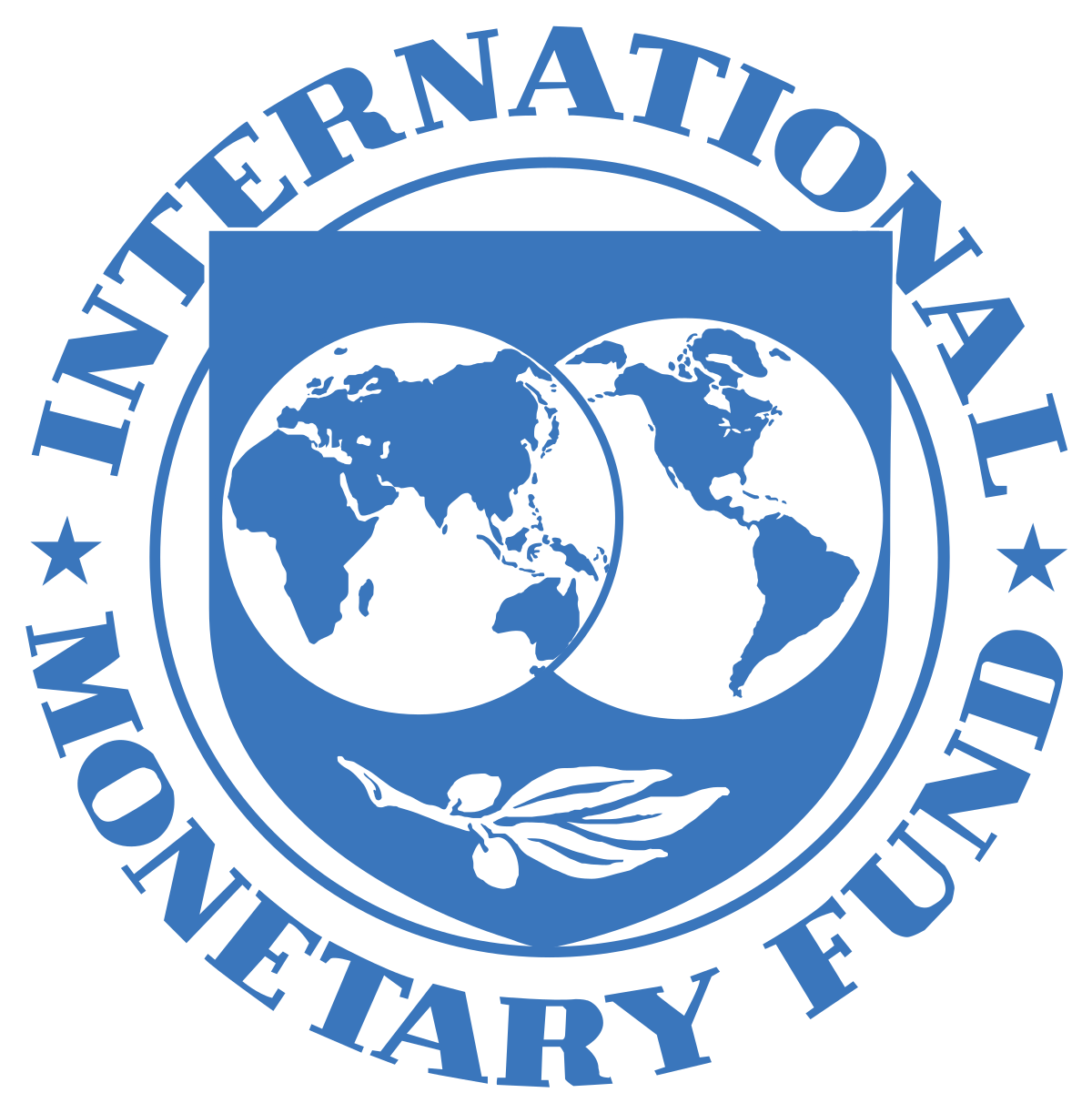
Pakistan’s economic growth remains tepid because of deep structural imbalances. According to a report by the State Bank of Pakistan, these remain “falling investments, an unfavourable business clime, lack of research and development, low productivity, and energy sector inefficiencies leading to growing circular debt alongside climate change risks.” This is in spite of recent improvements in macroeconomic indicators and resumption of IMF funding. According to the central bank these imbalances “constrain the economy’s growth potential.”
As an editorial in Dawn noted, “despite some indication of macroeconomic stabilisation in recent months, both multilateral lenders and global credit rating agencies are convinced that the risks remain high, and faster sustained growth will require substantial reforms.”
Unfortunately, as Dawn noted, “the government has displayed little commitment to implementing hard, politically unpopular reforms to improve investment confidence, its claims to the contrary notwithstanding. Its reluctance to tax the retail and real estate sectors to protect its core political support is one example. The proposal to squeeze existing taxpayers in the name of strengthening tax enforcement and compliance is not helping either. The recent termination of contracts with some power producers, without tackling the issues driving up electricity prices, has raised questions regarding policy consistency. While these steps may win the authorities some short-term gains, they cannot be a substitute for tax and power sector reforms.”
The State Bank’s report is a warning to the government, will they heed it?
![]()





